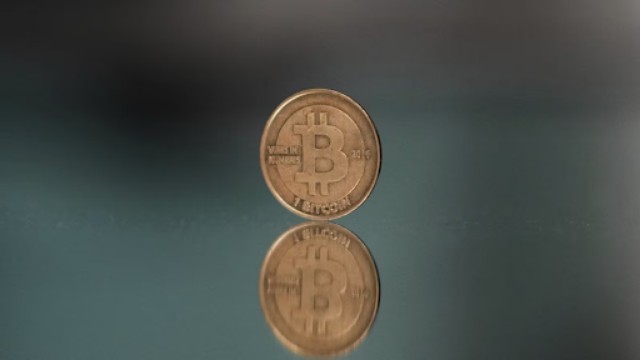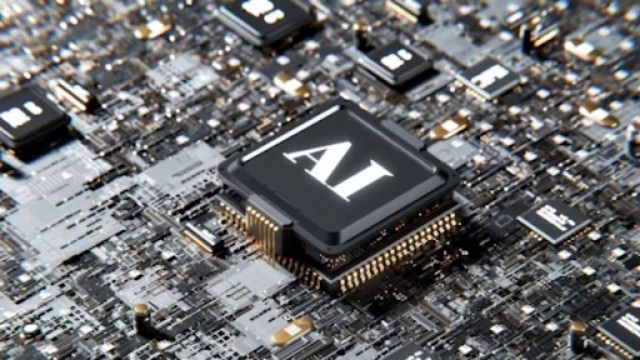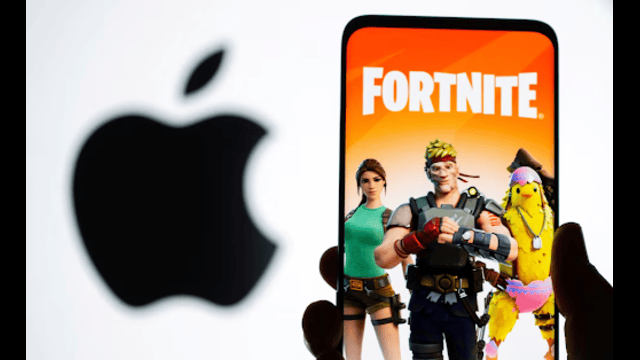
The introduction of AI is expanding choices for mammograms and various other screenings for breast cancer. (CBS News)
Artificial intelligence (AI) is making substantial strides in revolutionizing healthcare, particularly as an additional aid in breast cancer screenings.
Recent findings from a study earlier this year reveal that physicians using AI assistance during mammography screenings identified 20% more cases of cancer. Moreover, research conducted by Northwestern Medicine, published in the Nature Medicine journal on Monday, suggests that AI has the potential to forecast outcomes in invasive breast cancer. This advancement could potentially spare breast cancer patients unnecessary chemotherapy treatments.
For Tehillah Harris, these supplementary tools represent an extra layer of support, particularly due to her family history of breast cancer. Harris tragically lost her mother to breast cancer when she was only 32 years old.
Expressing her concern, Harris mentioned, "My mom was very concerned about my level of risk." Regular screenings at Mount Sinai in New York, where AI assists in reading mammograms and breast sonograms, have become a routine for her. When offered the chance to utilize this new technology, Harris readily embraced the opportunity.
Dr. Laurie Margolies, the director of breast imaging at Mount Sinai, showcased to CBS News how AI examines mammograms, categorizing them into three risk levels: low, intermediate, and elevated. AI is also employed in analyzing breast sonograms, presenting rapid results in mere seconds. However, it's crucial to note that radiologists also review these scans.
Dr. Margolies highlighted AI's role as a supportive tool rather than a replacement for human doctors. "I think AI is here to help us in the same way that 30 years ago the magnifying glass helped us," she remarked. She underscored that AI lacks the ability to empathize, emphasizing its function as an opinion-generating tool. She further emphasized, "It may not know somebody's family history in the future, and it certainly can't provide that hug."
While Harris acknowledges and appreciates the value of these new screening technologies, she remains deeply attached to her doctors. "You want someone to come and explain it to you, and if needed, hold your hand," she remarked, underscoring the irreplaceable human touch and emotional support provided by healthcare professionals.















